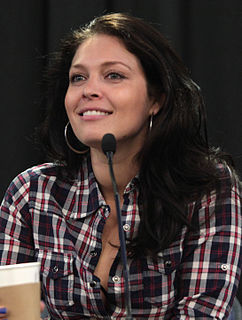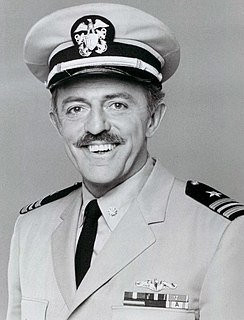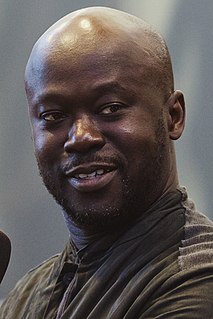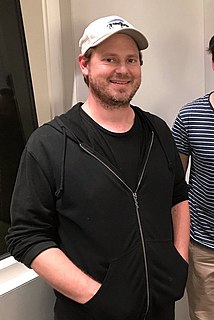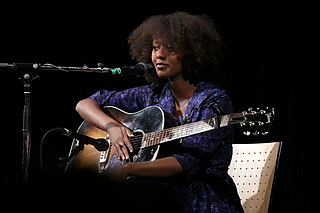A Quote by Robert Pattinson
I have very, very specific ideas about how I want to do my work and how I want to be perceived and to the point of ridiculousness sometimes.
Related Quotes
The older I get, for me it's about fear. If I read something and it scares the hell out of me, that's what I want to do. If it's a challenge and a massive risk and I'm going out on a limb ... those are the ones I want. And they are few and far between. I don't work very much because I'm very specific about what I want to do.
Millennials want to find meaning in their work, and they want to make a difference. They want to be listened to. They want you to understand that they fuse life and work. They want to have a say about how they do their work. They want to be rewarded. They want to be recognized. They want a good relationship with their boss. They want to learn. But most of all, they want to succeed. They want to have fun!
If I have ideas, I want to put them in the movie. It's not a minimalist approach at all but I feel like it's for the audience. It's about seeing how much texture we can give it and seeing how many things are there for people to latch on to... I just want to do it the way I want and I feel like it won't be helpful for me if I start worrying about that. I just have to follow my instincts. Everyone is going to respond differently to it and everybody's right - that's their point of view. That's how the story intersects with their lives.
You know, with the film industry crews, there's an odd mix between a very technical and a very artistic approach to the work, and sometimes as a woman you have to be a little bit careful about how things come out because people don't really want to listen if it's in a certain emotional tone or too strong.
In a way, I feel I have enough tools and knowledge now that when I build it has a very specific agency that's very conscious. It's no longer speculative; it's really constructed. I'm very interested in how that consciousness, about how I am producing, is working within different conditions. It's like growing up.
I generally go into a movie with a very strong vision, with how I want to make the film, how I want to shoot the film, how I want to edit the movie, what I want the sound to sound like. So I have a very concrete idea even if I don't storyboard it, I know exactly what I want to do once I get into the sequence. Now having said that, I try not to let that slave me to the process. So if I do storyboard a sequence I don't necessarily stick to it if I discover more exciting things on set.
I want people to think about movies and how we watch them. Let them know it's okay to question the structure or how we're sometimes duped into a false sense of normalcy. Most of all, I want people to question the old standard practices of, 'This is how the structure of something should work,' or, 'This is how a character must behave.'
Not a specific song. What I do maybe love above all about Nick Cave is how he's created this universe, this world, where there are all these characters and songs and themes. It's very unique, and I appreciate it. It's very hard to say that I have a specific favourite; I just actually love everything that he does.


